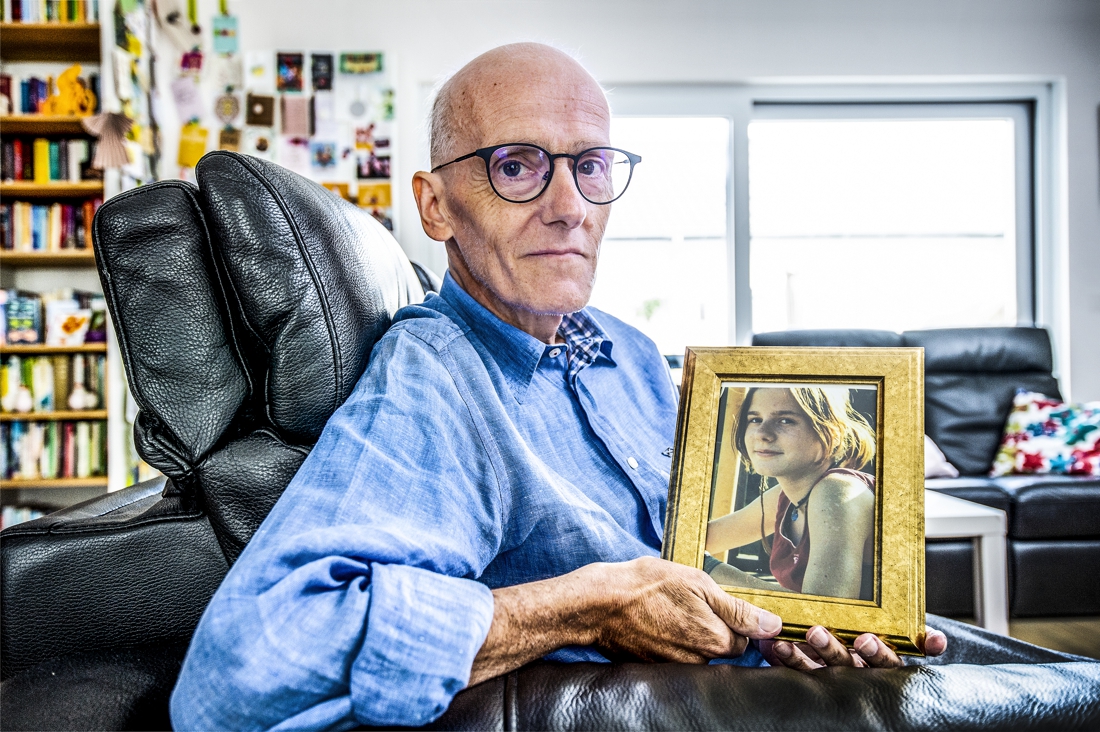OPCW chief Fernando Arias said he had responded positively to Russia’s request and said the organisation’s experts could be sent to Russia in a short time.
Russia invited experts from the OPCW last week, but did not explain exactly what they would have to do.
Arias said he had asked Russia to explain exactly what expertise it expected.
On August 20, Navalny was ill during a flight from Tomsk to Moscow, the pilot made an emergency landing at Omsk airport, and Navalny was taken unconscious to Omsk Hospital with signs of poisoning. On August 22, Navalny was transferred from Russia to Germany, where he was treated by the Charite clinic at the University of Berlin.
On 2 September, Germany announced that indisputable evidence had been obtained that Navalny had been poisoned by a nerve-paralyzing warfare substance belonging to the Novichok group. This conclusion was later confirmed by the French and Swedish laboratories.
The OPCW has not yet published the results of its tests.
On September 22, Navalni was discharged from a Berlin hospital.
Western countries have asked Russia for explanations, but the Kremlin has denied any involvement in the assassination attempt.
Others are currently reading
The government decides: it will be mandatory to wear masks on public transport. Perevoshchikov explains at the hearing why they are effective
–
–
–




